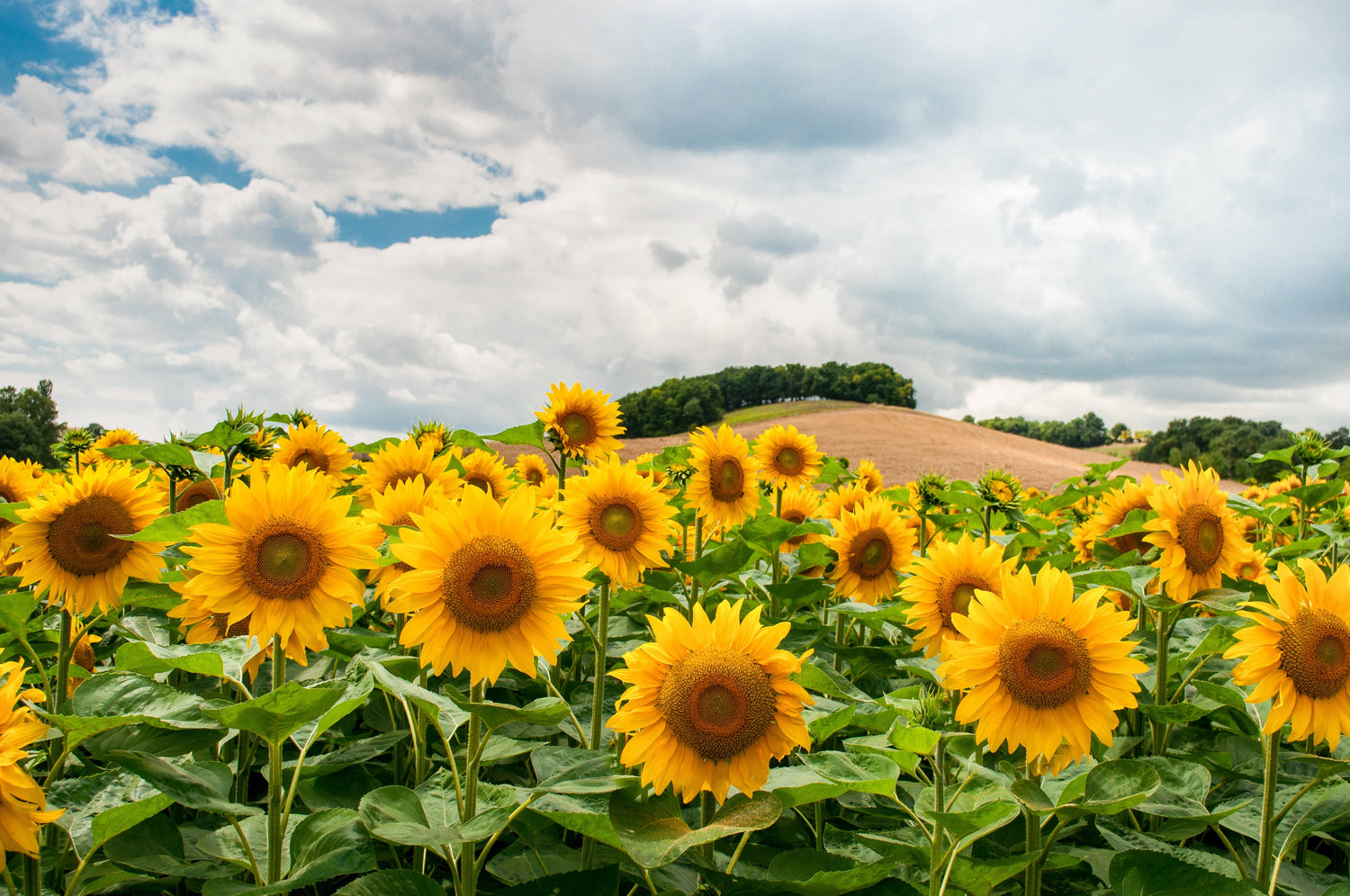More and more home gardeners are using organic practices with excellent results. The next logical step in gardening is to strive for sustainability. This is a philosophy aimed at the preservation of both healthy soil and precious resources. You want to grow organic crops that are good for your family, but you also want to take responsibility for the wellbeing of your land, whether it is the soil in a tiny container garden, a series of raised beds, a large stand-alone garden, or even a hectare that you may have under cultivation.

Here are some simple practices that you should follow in an effort to become more sustainable.
Water Conservation
One cannot overemphasize the importance of water preservation around the world. It is a dwindling commodity and every bit of conservation at the local level is very helpful. Get involved by utilizing rain barrels at home. Rainwater caught from your roof will fill a 50 gallon barrel very quickly during a mild rainstorm. Try to hand water in order to avoid waste.
Compost
Everyone should be composting! It is easy and inexpensive, but above all it is highly beneficial to the health of your soil. Site your compost pile in a sunny location and simply begin by piling up leaves, grass clippings, garden waste,etc.
You should also be adding kitchen scraps and most leftovers (no meat products), and do this throughout the year. Occasionally you will have to turn your pile over with a pitchfork in order to aerate it and allow the soil to really “cook” in the sunlight. Before you know it you will have buckets of compost for spreading nutrients back into the soil. If you live near the ocean, gather up some seaweed and add this to the pile. As it breaks down, it also serves as a great way to aerate your soil allowing tender plant roots to really take hold. Using EM as a compost activator is also a great idea. EM will enhance you aerobic compost system. It will give you a more complete breakdown of organic matter in your compost and also give you a higher quality. This means you will get a higher growth index and therefore better growth rate from plants as a result.
Compost bins are also worth considering. They are available at any good garden center or home improvement store and make composting easy and neat.
Pest Control
EM is a microbial inoculant that works as a bio-control measure in suppressing and/or controlling pests through the introduction of beneficial micro-organisms to soil and plants. Pests and pathogens are suppressed or controlled through natural processes by enhancing the competitive and antagoniostic activities of the micro-organisms in the EM inoculants.
Crop Rotation
One of the rules of good organic gardening is to rotate plant families from one season to the next, as best you can, so related crops are not planted in the same spot more often than every three years or so. The purpose of crop rotation is to help maintain the balance of nutrients, organic matter, and microorganisms necessary for healthy soil. Of these three, the invisible world of soil-dwelling micro-creatures is the one that most benefits from crop rotations. Crop rotation will also interrupting disease cycles helping you grow healthy disease free vegetables.
For more information about Gardening with EM, please visit our webpage.




